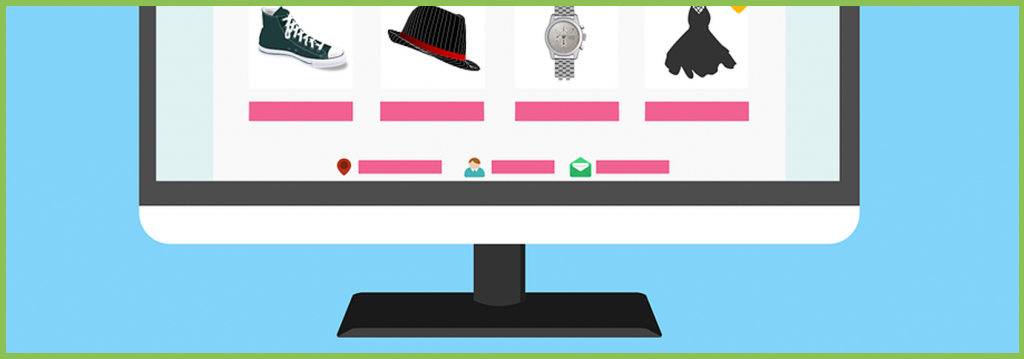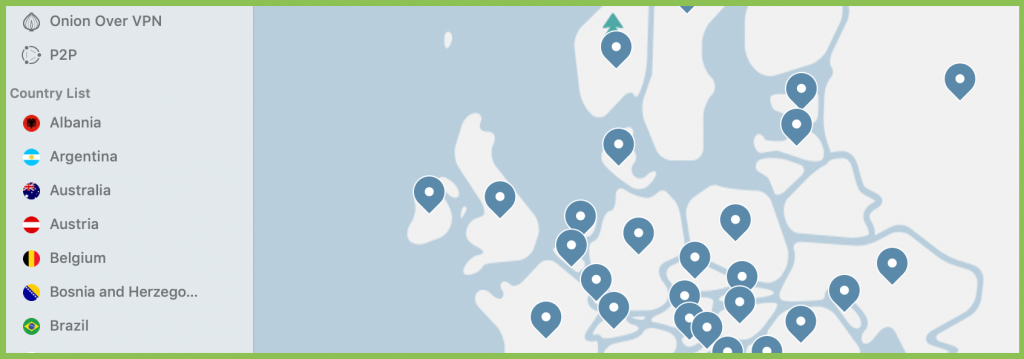Surf the Internet anonymously: Guide

In the age of the Internet, anonymity is not always guaranteed. We are now permanently surrounded by so many technical devices that we can't always be sure whether someone is listening in on one of the microphones in smartphones, laptops or computers.
Especially when surfing the Internet, anonymity is very important - not only to put a stop to nosy authorities.
In this article, we will show you how to surf the Internet anonymously and why you should invest in your own Internet anonymity, especially nowadays.
Content
Why should you surf anonymously?
Many people who access websites and surf online from their own computers at home think that no one is watching them at the moment.

The fact is that due to some changes in the law, it is legal (and even obligatory) for Internet providers to store users' browsing behavior for up to 1 year.
This means that somewhere on a server all the web pages you have ever visited are nicely logged and stored in a text file.
In cases of suspicion, authorities can access it and then have precise information about when one accessed which website.
But with VPNs you can also ORF lock or from Servus TV handle, and thus Formula 1 race without Sky look. This is due to the VPN tunnel possible from all over the world, but many Germans might be particularly interested in a possibility the Watch Formula 1 in Germany for free, after it stopped airing on RTL in 2021.
But with VPNs you can also ORF lock or from Servus TV handle, and thus Formula 1 race without Sky look. This is possible from all over the world through the VPN tunnel, but many Germans might be especially interested in a possibility to watch the Watch Formula 1 in Germany for free, after it stopped airing on RTL in 2021.
But not only that: If a website transmits data such as passwords or bank data without encryption, all data can be tapped in plain text by so-called "man-in-the-middle" attacks during non-anonymous surfing.
Fortunately, there are many programs and providers that allow anonymous surfing for the most part.
Like can you surf anonymously?
There are a few variants to surf without traces and anonymously. Some are safer than others. Below, we would like to present our top 5 methods for safe surfing.

1. surf via a VPN - Recommendation
Anyone who surfs via a virtual private network (VPN for short) is using one of the most secure methods for anonymous surfing.
With a VPN, your own computer connects via a kind of "protected tunnel" to another server, from where Internet communication with the outside world takes place.
Thus, the own connection encrypted and the IP address obfuscated.

On the one hand, this can make man-in-the-middle attacks more difficult, and on the other hand, the visited website no longer knows where you came from.
A VPN can therefore be used not only for secure surfing, but also, for example, to make a streaming website think that you are from another country.
Of course, anonymity depends on the VPN service used. While providers such as NordVPN guarantee that no data is passed on to the authorities in their country (Panama), there are other providers who unfortunately pass on data to the authorities.
For example, it has often been the case with the provider HMA! that requests from authorities are responded to - and data is disclosed.
2. combine VPN with Tor - Recommendation
"Tor" is a network for anonymizing Internet traffic. A connection is redirected via so many different "nodes" that it is no longer clear where the request actually came from. This is the onion (or "onion") method. In combination with a good VPN, this method is extremely secure.

One problem with Tor was always that the 1st node knew its own, correct IP address.
Thus, anyone who gets in touch with the 1st node could find out their own IP address. This method has often been used by the NSA when snooping.
However, if you use Tor within a VPN network, not even the 1st node knows your IP address.
With Tor-over-VPN, you have the same 2 safety layers.
There are several ways to implement Tor over VPN.
However, you should keep in mind that your connection speed can drop due to the onion principle. This means that streams or downloads may not run as smoothly as usual. However, you should accept this loss if you want to surf anonymously.
3. use incognito mode
The simplest and most straightforward way to increase online security is to use the incognito mode in your own web browser. We recommend this especially when you are surfing on a foreign PC.

Web browsers usually store many things about one's browsing behavior: Login data, histories, cookies and more.
Strangers who have access to this data can do some stupid things with it. If you forget to log out somewhere, other people can even post things on Facebook or read private messages.
By the way, this is also the case if the browser has simply saved the login data!
The incognito mode is suitable for this purpose: All modern browsers have it. It is usually hidden in the menu.
In incognito mode, nothing about one's browsing behavior is stored on the local computer. As soon as you close the browser window, all surfing data from this session is deleted.
Quite practical, but nothing is anonymized outside the computer. So this is a local method.
4. better encrypt WLAN
WLAN was invented to allow network devices to communicate with each other wirelessly. However, it poses some security risks.

Unfortunately, WLAN - especially with old encryption methods like WEP - is very easy to crack. All it takes is a Google search to find programs that can be used to "hack" into other people's WLAN networks.
Modern encryption methods, such as WPA2, are more secure.
We recommend everyone to take a look at the settings of their own router and check which encryption standard is used. If it says WEP, then you are surfing insecurely.
Especially in apartment complexes and other busy places, you should urgently switch to WPA2 (or newer).
5. keep PC "clean
Probably the most important point for secure and anonymous surfing is a virus-free PC. Even the best encrypted connection is useless if a program on the computer intercepts all data.

Even nowadays, a wrong click there or a wrong download there is enough to install malware on the computer.
Only recently was again much Ransomware in circulation.
Mac users should not feel too safe either. It is true that Macs are generally less likely to be infected by viruses than Windows PCs. Nevertheless, there are viruses for Mac computers as well.
Therefore, our recommendation is clearly that you always use an up-to-date anti-virus program. This way, you are on the safe side and you do not have to be afraid of downloading a virus with every click.
Conclusion: Surf the Internet anonymously
As this article has shown, there are several ways to surf the Internet anonymously.
The most uncomplicated variant is certainly the incognito mode, but here only local anonymization is performed.
If you don't want to leave any traces outside your own computer, you should use a VPN. An additional security level can be achieved by combining the VPN with the Tor network. An inexpensive entry point is offered by Free VPN. The upper end of the scale is offered by premium VPn such as NordVPN or ExpressVPN from.
You should never forget about a good anti-virus protection and a secure WLAN connection.
